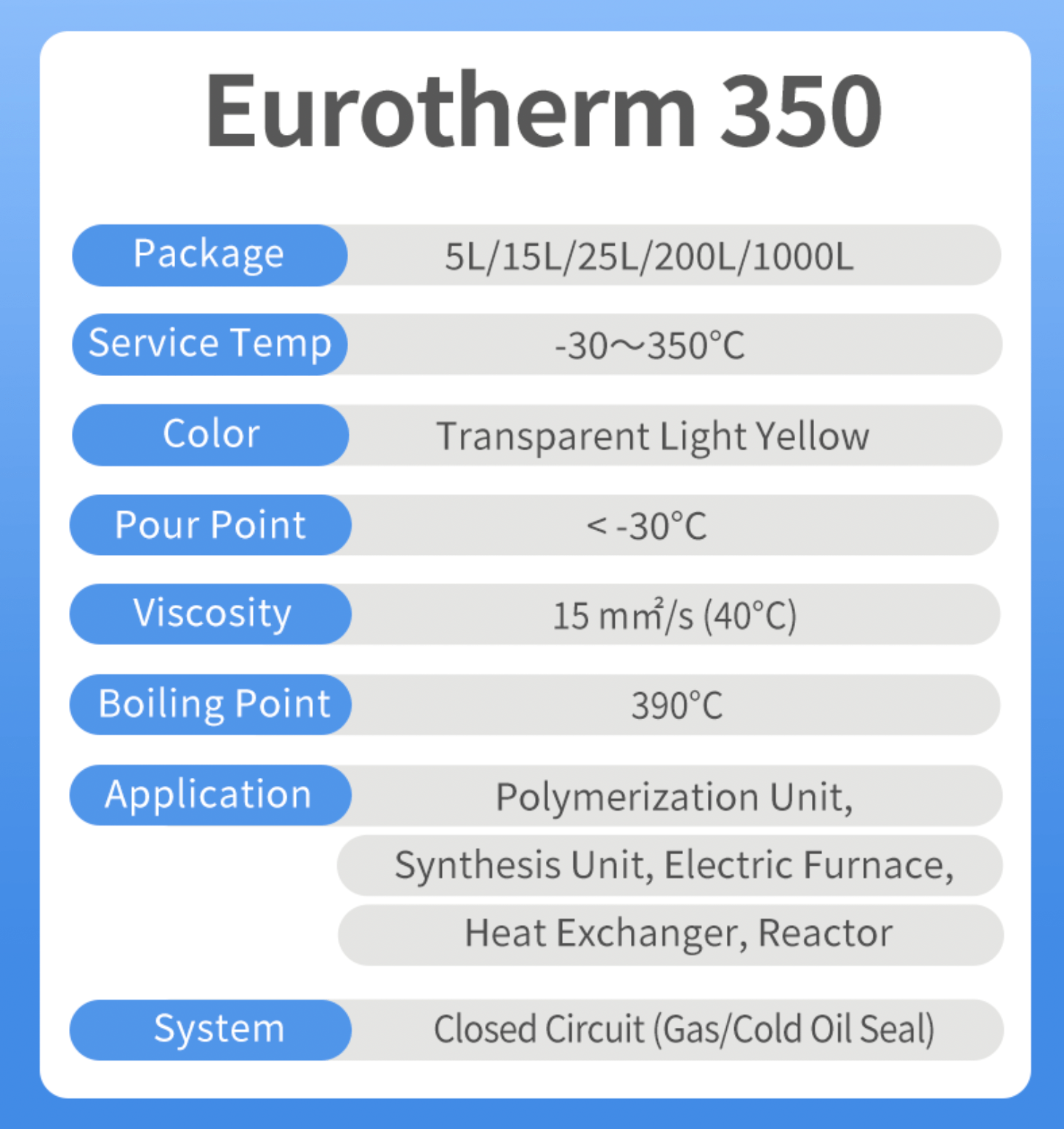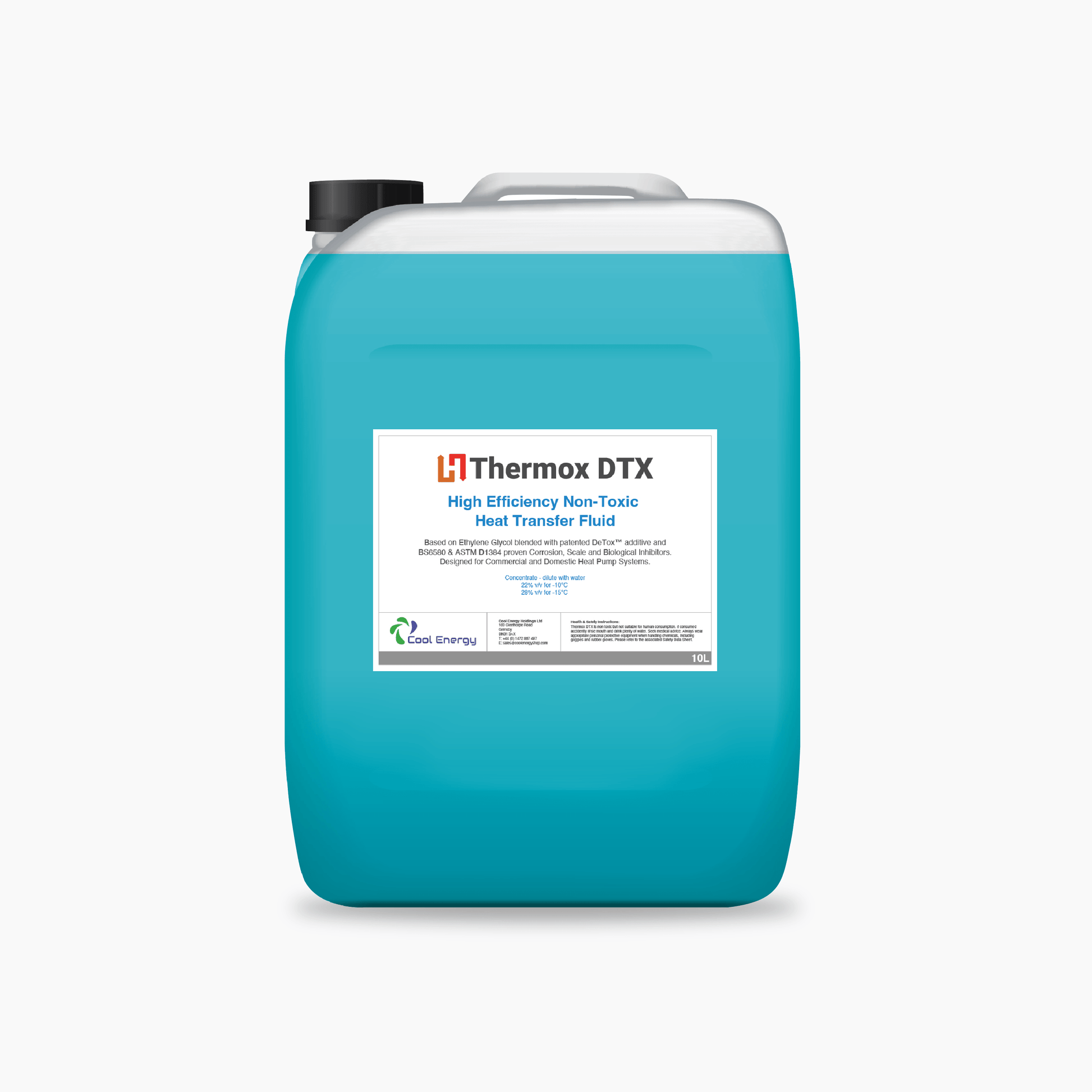How Heat Transfer Fluid Influences the Performance of A/c Solutions
How Heat Transfer Fluid Influences the Performance of A/c Solutions
Blog Article
Exactly How Warm Transfer Liquid Adds To Sustainable and Economical Procedures
In the contemporary industrial landscape, the role of warmth transfer fluids (HTFs) in advertising sustainable and inexpensive procedures can not be overemphasized. These liquids are crucial in enhancing thermal administration systems, thereby substantially enhancing energy performance and minimizing operational costs. heat transfer fluid. The environmental benefits of sophisticated HTFs, with their high thermal security and low poisoning, are undeniable.
Comprehending Heat Transfer Fluids
In the world of thermal administration, warm transfer liquids (HTFs) serve as essential agents for moving thermal power from one place to one more. These liquids play a crucial role in numerous industrial applications, consisting of chemical processing, power generation, and A/c systems.
The make-up of heat transfer liquids can differ dramatically, consisting of options such as mineral oils, artificial oils, glycols, and molten salts. Each kind uses distinctive benefits, such as improved thermal security, low viscosity, and high boiling points, which are picked based upon certain functional needs. Additionally, the selection of HTF impacts not just the efficiency of heat transfer yet likewise the longevity and safety and security of the system in which it is employed.
As markets continue to introduce, the growth of advanced HTFs, identified by their enhanced thermal conductivity and lowered ecological influence, is crucial for meeting the demands of modern thermal monitoring difficulties.

Enhancing Energy Efficiency

Improving power effectiveness has actually come to be a critical concern across numerous sectors, prompting a better exam of warm transfer fluids' duty in optimizing thermal management systems. These fluids are important to preserving the preferred temperature in processes, thereby minimizing energy waste and boosting overall system effectiveness. By choosing an ideal heat transfer liquid, markets can significantly improve their power performance, resulting in reduced energy consumption.

Advanced solutions of warm transfer liquids have actually been created to endure extreme temperatures while maintaining security and performance. Boosting energy performance via ideal warm transfer fluid selection is not just a technological need however likewise an environmental crucial.
Lowering Functional Expenses
Operational costs are a substantial factor to consider for markets looking for to preserve affordable advantage, and the option of heat transfer liquid plays an essential function in price administration. Picking a suitable warmth transfer fluid can result in substantial expense look at here savings by improving system effectiveness and minimizing energy intake. High-performance fluids lessen thermal degradation, which in turn reduces the regularity of fluid substitute and downtime connected with upkeep, consequently lowering functional expenses.
Furthermore, warm transfer fluids with exceptional thermal security and corrosion resistance prolong the life expectancy of devices. This reduces the requirement for frequent repair services and substitutes, which can be pricey and disruptive to procedures. By purchasing high-quality liquids, industries can achieve long-term reductions in maintenance prices and boost the dependability of their systems.
Furthermore, advanced heat transfer liquids commonly show lower viscosity at running temperatures, which enhances pump effectiveness and decreases power usage in fluid blood circulation. This optimization of power intake directly translates into lowered operational prices. In addition, several modern warmth transfer fluids are engineered to run effectively over a vast temperature level range, minimizing the requirement for numerous fluid types, therefore simplifying stock needs and minimizing associated costs. These aspects jointly add to even more sustainable and affordable procedures.
Ecological Influence Reduction
The press in the direction of decreasing environmental effect has actually acquired momentum in sectors leveraging warm transfer liquids. Business are progressively acknowledging the significance of minimizing environmental footprints by adopting sustainable methods. Warmth transfer fluids (HTFs) play a critical function in this transition, using possibilities to improve power performance and decrease discharges. By choosing HTFs with high thermal security and reduced poisoning, industries can make sure minimal leak and degradation, hence reducing harmful ecological launches.
Furthermore, making use of innovative heat transfer liquids contributes to improved system efficiency, decreasing the overall power intake. This decrease not only causes price financial savings but also lowers co2 emissions, aiding in the battle against environment adjustment. Liquids that are eco-friendly and recyclable even more improve sustainability initiatives, as they diminish waste and promote circular economy techniques.
Additionally, integrating HTFs right into closed-loop systems stops fluid loss and contamination of the surrounding environment. This approach guarantees that liquids are recycled, decreasing the demand for pop over to this site brand-new sources and restricting waste generation. By embracing these eco conscious methods, industries can dramatically diminish their environmental influence while keeping high functional efficiency, aligning with read the full info here international sustainability goals and regulatory needs.
Selecting the Right HTF
Selecting the appropriate warm transfer liquid (HTF) is an essential action in progressing ecological sustainability within industrial procedures - heat transfer fluid. An excellent HTF ought to possess a high thermal capacity, reduced viscosity, and high thermal conductivity to make certain reliable heat transfer.
This makes sure durability and lowers upkeep expenses. The fluid must be safe and biodegradable, reducing its eco-friendly footprint and making certain compliance with environmental regulations.
Conclusion

Report this page